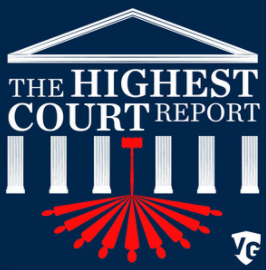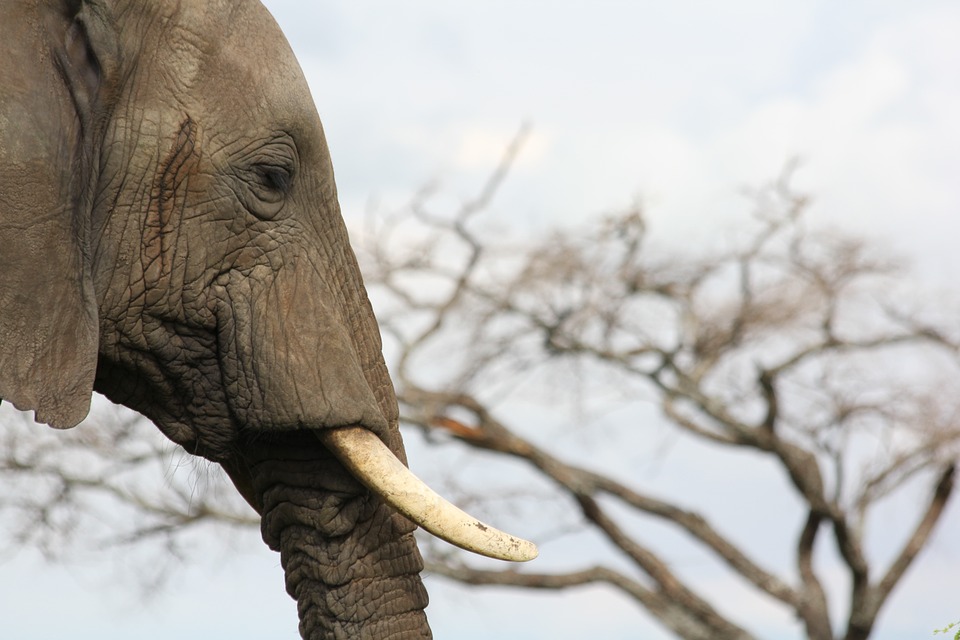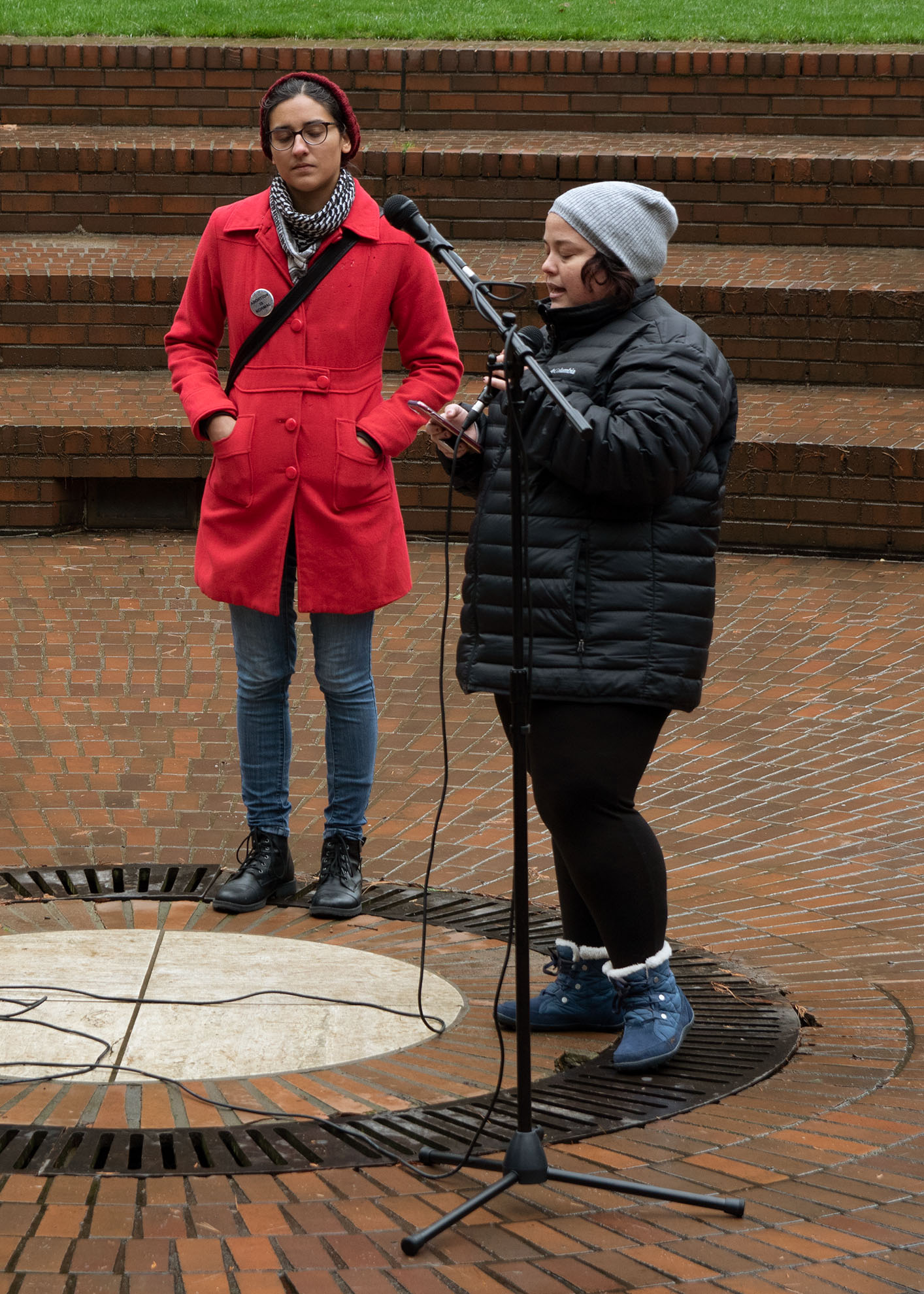In recent months, the Central Intelligence Agency has begun a social media campaign called “Humans of CIA,” presumably in an effort to reach out to marginalized communities and promote diversity at the, uh, CIA.
A playlist on the CIA’s YouTube channel titled “Working at CIA” contains a number of videos produced in the past few months in this series, which are presumably meant to show the public that the CIA is more diverse and accepting than they thought.
One video tells the story of a Black woman who joined the CIA “almost straight out of college,” speaking about the “social challenges both women and people of color face” in the workplace and the “senior analyst” who acted as an “ally and genuine mentor” toward the young recruit. “It is not enough to just say that CIA values people from diverse backgrounds and diverse abilities,” she said. “We have to challenge ourselves and commit to regularly questioning, ‘how do our actions actually embody those values?’” Indeed, one wonders how the work of a CIA analyst embodies the values of diversity and equity.
Another video, the infamous “cisgender millennial who has been diagnosed with generalized anxiety disorder” ad, follows a Latina woman employed at the CIA. It uses the language of empowerment liberally, such as when she says, “I am unapologetically me. I want you to be unapologetically you, whoever you are. Whether you work at [the CIA], or anywhere else in the world. Command your space. Mija, you are worth it.” The best way to empower oneself, of course, is joining the CIA and working to overthrow beleaguered governments in Latin America. Coups are still cool, just make them woke.
One of the more recent ads features a CIA librarian who grew up “gay in a small Southern town.” “Imagine my surprise,” he says, “when I was taking my oath at CIA and I noticed a rainbow on then-Director [John] Brennan’s lanyard.” This is the same John Brennan who falsely claimed that there was not “a single collateral death” in the CIA drone strikes he oversaw as Director. It’s cool that he had a rainbow lanyard, though.
The problem, as we all know, with coups, assassinations, drug trafficking and human rights violations, is that they’re just too white, straight and male. When the CIA used “all feasible means” to prevent the Italian Communist Party from winning the 1948 parliamentary elections, they should have checked their privilege and questioned why the anti-communist task force was so white. When they overthrew the governments of Iran, Guatemala, the Congo, the Dominican Republic, South Vietnam, Brazil and Chile, did they ask themselves, “Am I centering BIPOC voices?” No. When they armed, funded and advised the Taliban, the Kuomintang, the Contras and the Batista dictatorship, the first thing they should have done is make sure their propaganda teams were at least 50% female.
None of this is to say diversity or intersectionality are bad—quite the opposite, in fact. It’s sickening to see one of the most powerful forces of suffering and disenfranchisement in the global south cynically and opportunistically use the language of intersectionality to justify their actions. It does not matter how many cisgender millennials with generalized anxiety disorder or imposter syndrome work for the CIA. It will still be the same agency doing the same things, upholding the American empire through assassinations, extrajudicial killings and coup attempts around the world.
There is nothing particularly surprising about this rhetorical turn by the agency. As a 1986 article in The New York Times shows, the CIA has always hired from elite universities such as Yale, Georgetown, George Washington University and others; though even then, they noted the CIA’s move away from being an “Ivy League club.” Today, universities and the students who attend them use the language of intersectionality every day. If the CIA wants to appeal to those potential recruits, it only makes sense they would meet them on that rhetorical turf.
Today, CIA recruiters “are pretty universally accepted and students sign up in droves for [recruiting] sessions [at universities],” according to journalist Daniel Golden in a 2018 NPR report. This report, by the way, has a glowingly positive tone toward the CIA, which might be understandable considering “the CIA invited NPR to its headquarters in Langley, [Virginia]—and into a recording studio that’s complete with a green screen—to speak about the evolution of its recruiting.”
To bring this back to media criticism: don’t be fooled by the CIA’s latest push to “increase diversity” and use “intersectional” language. It’s a scam—a ploy to get well-meaning liberals to devote themselves to one of the biggest sponsors of human suffering in the world, and feel “woke” while doing so. No matter how sleek their ads are, and no matter how genuine their new recruits seem, “Humans of CIA” is a piece of propaganda like any other.






